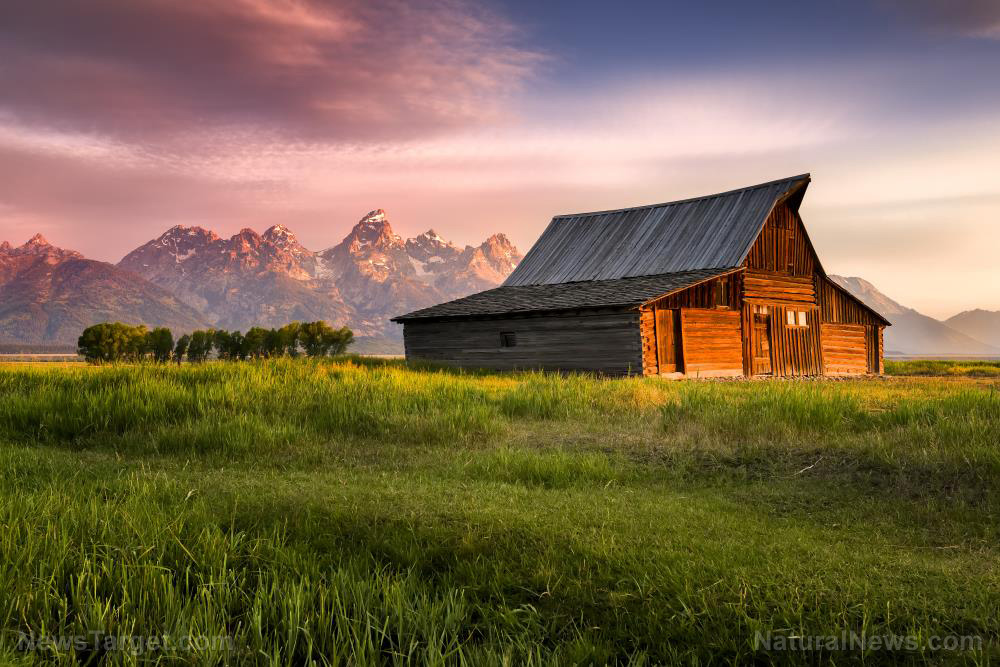
Why you need sleep when SHTF
Even when you're not in a survival situation, you expend energy every day going about your daily life. These physical tasks will take a toll on your body, even if you are not very active over the course of the day. When nighttime comes, you need to sleep in order to rest and recharge your body. This is important so that you can wake up feeling refreshed and have the energy to keep on doing your daily tasks the next day. Without enough sleep, you can suffer from sleep deprivation, which is a condition that can have a serious negative impact on your behavior and performance when SHTF.
Some symptoms of sleep deprivation include general fatigue, disorientation, clumsiness, headaches, daytime sleepiness, thirst, uncontrolled shaking and a sudden weight loss or gain. You may also have red eyes or black circles around your eyes. Even worse, you may suffer from irrational thinking or have impaired problem solving skills, which may be deadly in a survival situation. If you don't get enough sleep over a prolonged period of time, sleep deprivation can adversely affect your brain, including your memory and cognitive function. It can make you prone to making poor decisions. You will have trouble concentrating on even the simplest tasks and you will have a much harder time successfully dealing with any stressful situation.
If you forget critical information, it can cause you to make decisions with fatal consequences. Sleep deprivation can also have a negative impact on your overall growth and development, as well as your body's natural healing process. Furthermore, a lack of sleep can make a bad situation even worse. Sleep deprivation can make it much easier for you to get sick from colds, flu and other infections, which can be especially detrimental during a pandemic.
How you can get adequate sleep when SHTF
In order to improve your chances of survival when SHTF, you need to be at peak physical condition. This means getting adequate sleep, which may be a lot harder for some people during a survival situation. Fortunately, there are ways to help you get a good night's rest even in the most stressful of conditions. Getting some sleep is still better than having no sleep at all.
If you can, try to take power naps every few hours. Avoid noise and light while sleeping. This means dimming the lights and avoiding loud or startling noises as you approach bedtime. If you can, wear earplugs and an eye mask. Cold temperatures are conducive to sleep, so remember to keep cool while sleeping. However, if cold feet keep you up at night, then wear a pair of warm socks. (Related: How to overcome sleep deprivation during a survival scenario.)
It is also important to establish a consistent bedtime routine. Make an effort to fall asleep and wake up at the same time every day. Dinner should be at least three hours before bedtime to allow enough time for proper digestion. Daily exercise should likewise be no less than two hours before bedtime. As bedtime approaches, move slowly and wind down with relaxing activities. Tell yourself how sleepy you feel and think only of pleasant thoughts.
Getting enough sleep is vital for your survival. Learn more survival tips by visiting Survival.news.
Sources include:
Please contact us for more information.























